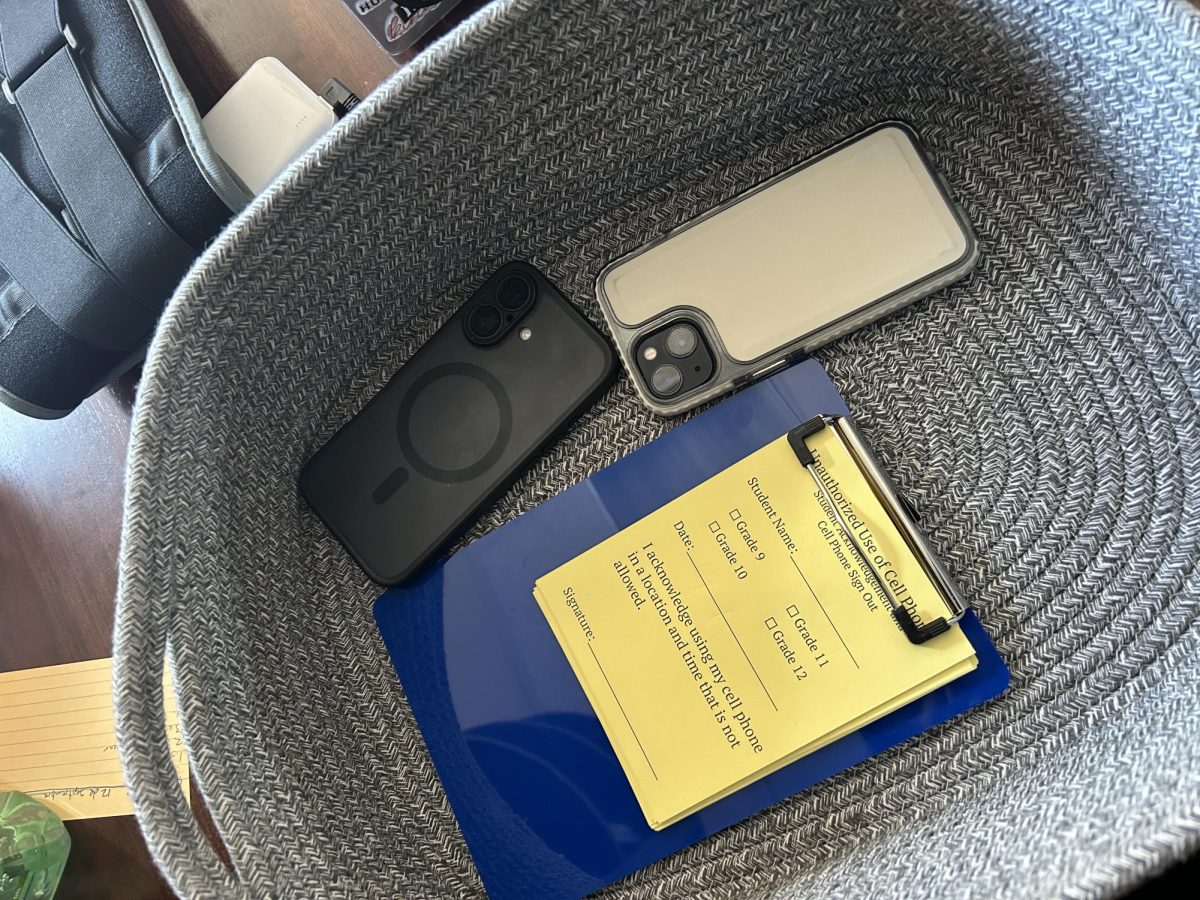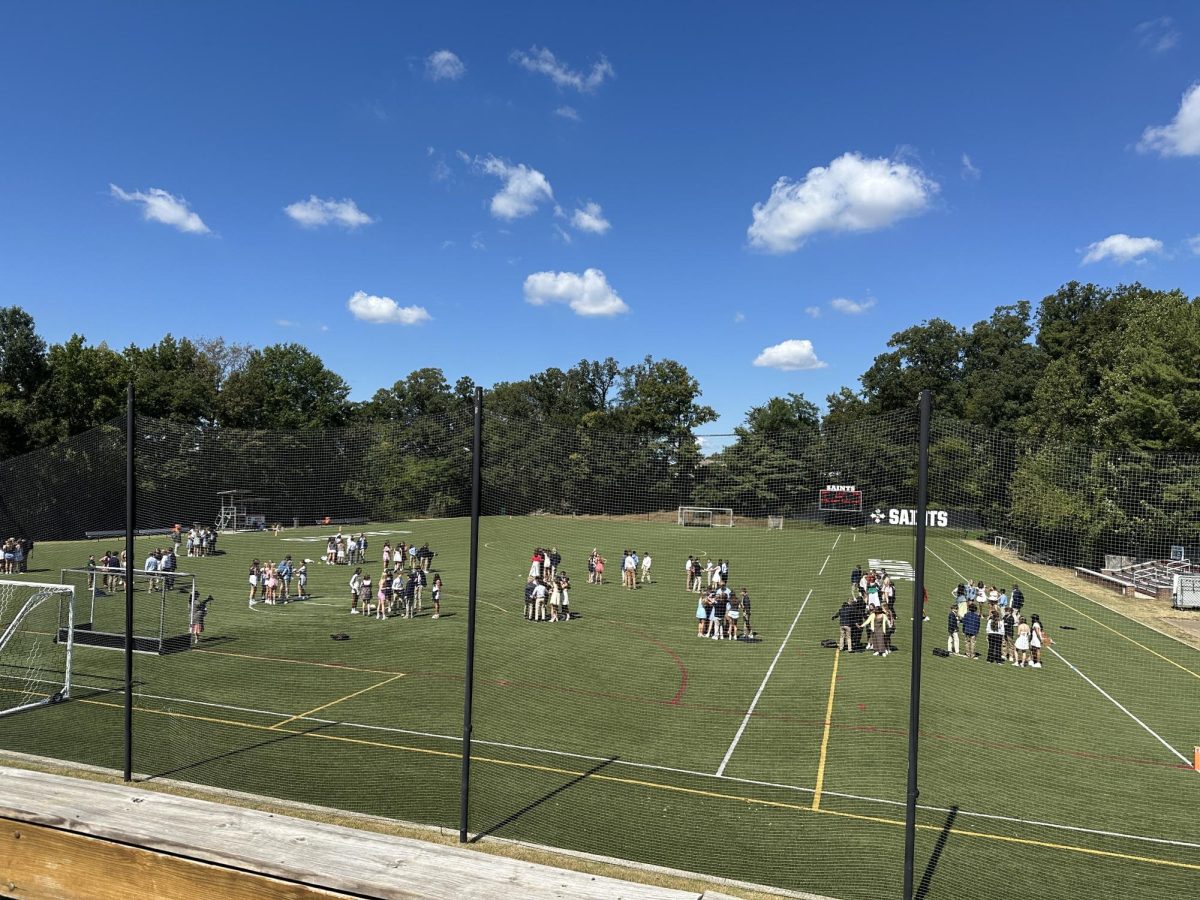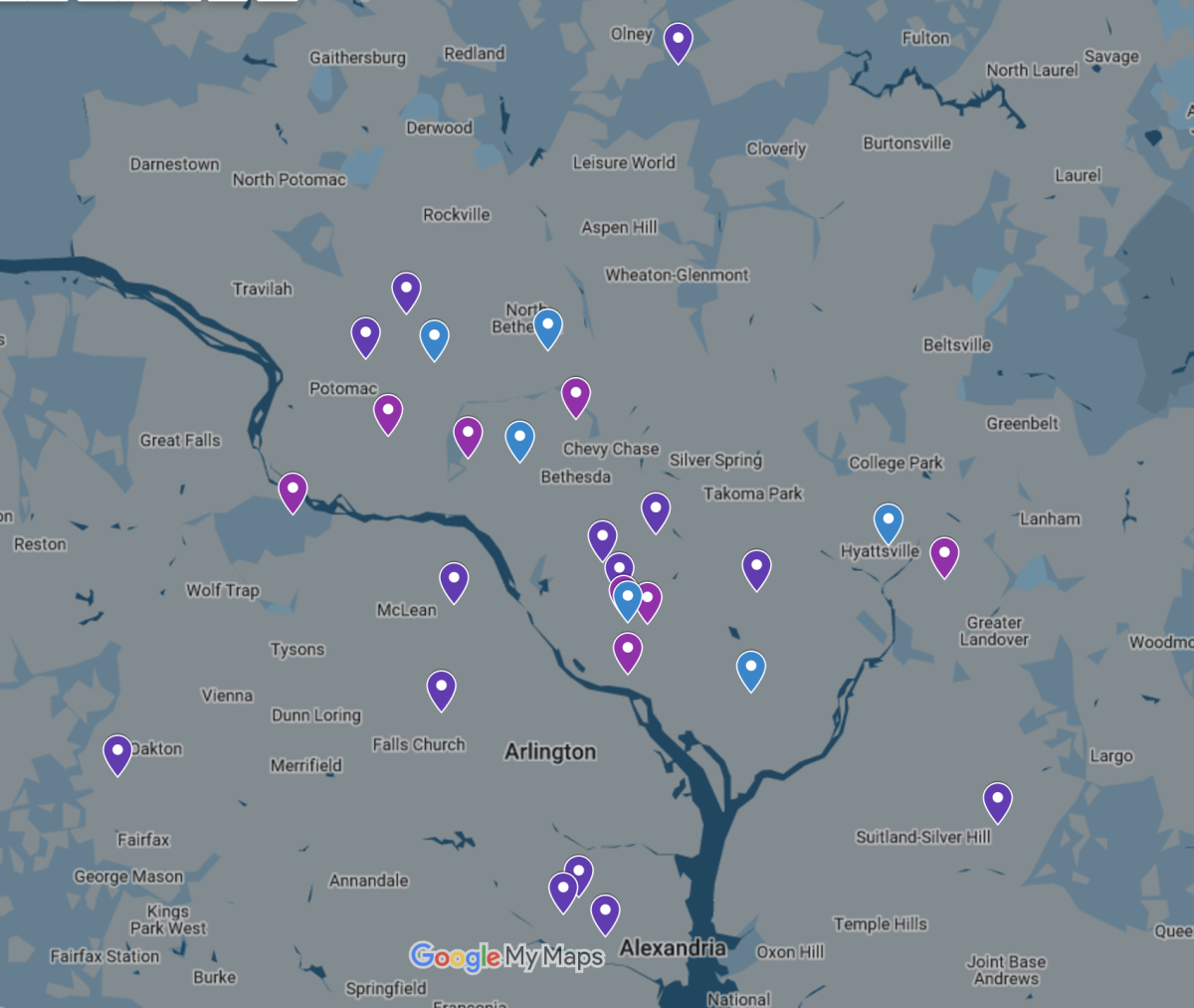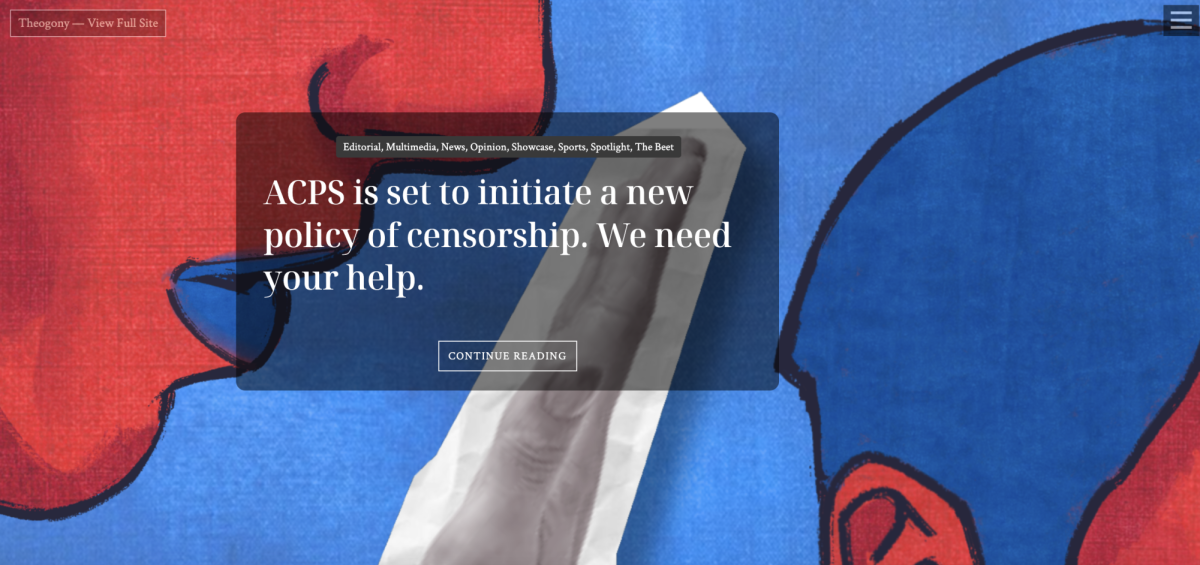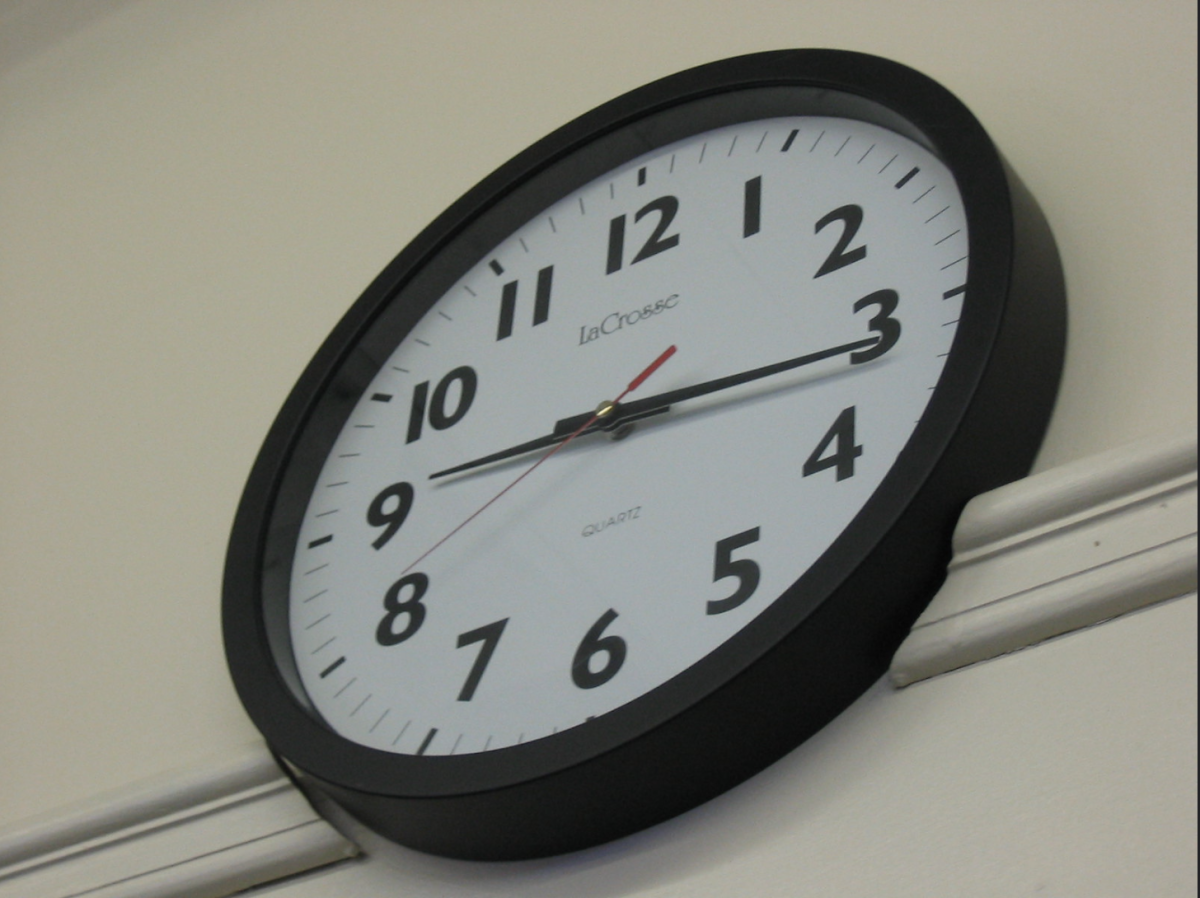Just one Netflix episode… Just another snack. …I promise I will start it soon… I just need one more break, my mind is so tired… I will do it after.
Does this sound familiar to you? Procrastination is a problem in many students that stops them from doing their work and guides their focus on less important activities. It is the action of delaying or postponing something because of the more urgent needs and feelings going on inside somebody. While it may be about the actual task itself, procrastination sometimes connects with the deeper emotions that someone has connected to the task, like doubt or stress.
A couple of students here at SSSAS have been interviewed about their experiences and thoughts behind why they procrastinate. One freshman, Isabella Gamarra, defines procrastination as “putting back what you need to do…. to the last minute, so if something is due the next day then you do it [the] last minute.” She said that she procrastinated because she didn’t understand an assignment and hoped for it later on to click. When asking if Isabella ever regretted procrastination, she said, “Yes, it honestly set me back in my homework and [studying] if I procrastinate if I don’t know the material as well, other than facing it when I was supposed to do it”. Isabella refers to the negative consequences of procrastination as stressful because of the piled up work. Especially after making it habitual, procrastination becomes extremely difficult for one to stop. She comments, “As everything builds up you just want to procrastinate more but then at one point it just is all built up and you’re stressed out.”
One sophomore, Reed Presby, also defines procrastination as “putting off work as long as possible until you have to do it.” Reed said that he procrastinates often but is not really sure why. Procrastination has never helped him in his work process and when responding to the question if he ever regrets procrastination, he says absolutely. Especially before tests, Reed said procrastination leads to a lack of preparation even in assignments, which had negatively affected him by not getting work in on time and not knowing the material as well for class. Reed also said that it can be hard for him to stop procrastinating, but he is usually able to get his work done. Reed said that he doesn’t have a particular method to prevent procrastination, and instead, tries to gain the proper mindset and tells himself to do work immediately so it won’t come back to him later.
The school counselor, Ms. Harrison has also been interviewed on her perspective of why and how students should stop procrastinating. She said that while students can procrastinate because they feel confident in the task and are therefore comfortable delaying it, many students also procrastinate because it’s anxiety fueled and personality based. Some people do not have issues with delaying their work because they are not able to feel free or relaxed until their assignment is completed. However, others can be anxious about the assignment, and avoid the task due to stress or self doubt. According to Ms. Harrison, this is a harder level of procrastination because it’s derived from stress and is more severe. Ms. Harrison also said that it happens “with people that are sort of perfectionistic. They don’t wanna mess up and feel the pressure to get it right so they don’t know how to start.”
She also said, “When somebody is overwhelmed with lots of different things that they are trying to do… it can be hard not to procrastinate because you get so overwhelmed that you don’t even know where to begin.” But by delaying work, you’re making a negative impact on yourself, and “you’re not getting your work done or things turned in before the deadline and … which has an impact on your grade.”
According to a New York Times article, “Why You Procrastinate (It Has Nothing to Do With Self-Control)”, even when somebody finally returns to the task that they procrastinated on, their anxiety, stress, and self doubt increases, which has destructive effects on their mental and physical health. These effects could also lead to chronic illness, hypertension, and cardiovascular disease. Ms. Harrisons recommends that the student only in the category of being anxious, should talk to their family, or seek therapeutic support or learn strategies in order to accept that perfectionism is impossible and not everything will be of this high standard.
Additionally, a poll on procrastination was sent out to the entire SSSAS high school. Results show 24.6% of the 60 students who responded greatly procrastinate. When asking students why they procrastinate, the majority say it is because of a lack of motivation, enjoyment, and focus, and they would rather do other things. But to stop procrastination, many students also stated that by putting away their phone, they can create a distraction-free environment. The students also suggested for people to take breaks in between assignments, organize big and small tasks in a certain order that’s comfortable, push themselves to have the right mindset to complete work, and create self-deadlines to stay on top of the task and time it correctly, so they can help themselves procrastinate less.

